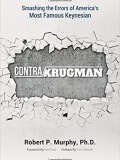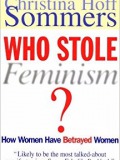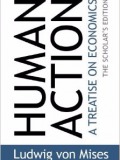
The Poliquin Principles: Successful Methods for Strength and Mass Development
aboutLiberty Portal

- The Great Depression
- Obamacare
- Krugman's predictions
- Monetary policy
- Climate change
- Financial "reform"
- Employment and wages
- The minimum wage
- Business cycles
- Stimulus


The great book first appeared in German in 1940 and then disappeared, only to reappear in English in 1949. It was a sensation, the largest and most scientific defense of human freedom ever published. And now, in 2010, the seemingly impossible has happened: Human Action, the masterwork of the ages, is in a pocketbook edition at a ridiculously low price.
History might record that this edition is the one that changed the world. Mises's fantastic and timeless treatise has never been in a more portable, giftable edition.
Just imagine: giving or receiving this gem, this treasure, as a stocking stuffer!
This is not a reduction. It is the full treatise from front to back, the mind-blowing explanation of the economics of freedom, right in the palm of your hand.
Stock up! We've prepared for mass distribution.


